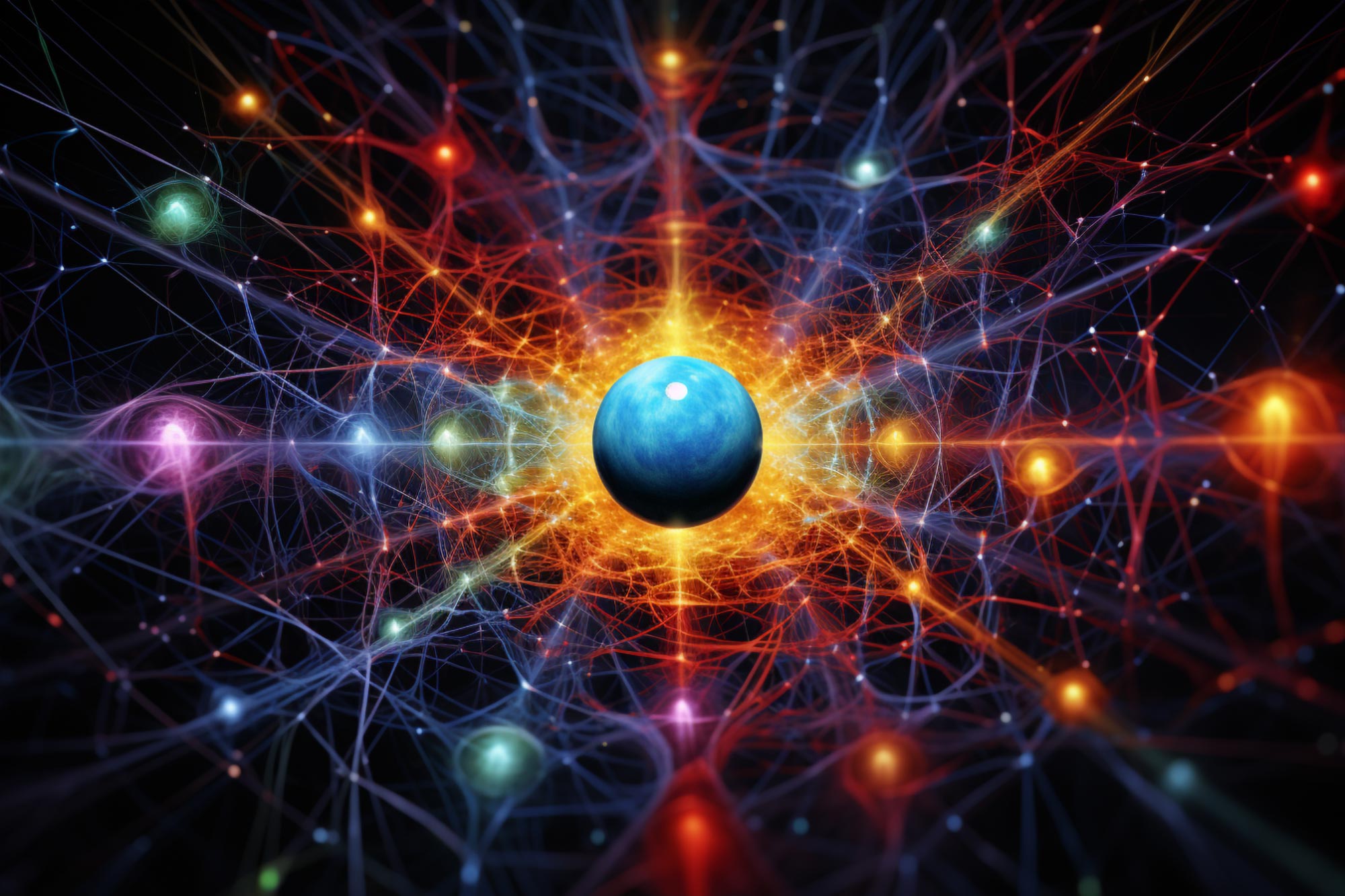Quantum physicists from Hiroshima University have made groundbreaking discoveries about the relationship between quantum measurements and the interaction dynamics between the measuring device and the system. This challenges traditional views of fixed physical properties and suggests that reality is shaped by the context of these interactions. The findings call for a reevaluation of the interpretation of quantum experimental data.
When quantum measurements approach the uncertainty limit set by quantum mechanics, the results become reliant on the interaction dynamics between the measuring device and the system. This discovery may explain why quantum experiments often yield conflicting results and contradict basic assumptions about physical reality.
The research involved a detailed analysis of the dynamics of a measurement interaction, where the value of a physical property is identified by a quantitative change in the meter state. This is a complex issue because quantum theory does not determine the value of a physical property unless the system is in an “eigenstate” of that property. Eigenstates are specific quantum states in which the physical property has a fixed value.
The researchers tackled this fundamental problem by combining information about the system’s past and future in their description of the measurement interaction dynamics. They demonstrated that the observable values of a physical system depend on the dynamics of the measurement interaction that observes them.
According to quantum theory, measurement results are influenced by changes in the relationship between the past and future of a system caused by the measurement interaction. This study sheds light on how quantum superpositions in the dynamics of measurement interactions shape the observable reality of a system as seen in the response of a meter. It is a significant step towards understanding the meaning of “superposition” in quantum mechanics.
In quantum mechanics, a superposition refers to a situation where two possible realities appear to coexist until a measurement is performed. The researchers’ analysis suggests that superpositions describe different types of reality when different measurements are carried out. The reality of an object depends on its interactions with the surrounding environment.
The study reveals that the physical reality of an object cannot be separated from the context of all its interactions with the environment throughout time. This challenges the widely held belief that our world can be reduced to a mere configuration of material building blocks.
In terms of practical implications, the measurement shift representing the observed value of a physical property depends on the system’s dynamics caused by fluctuations in the back-action when the meter disturbs the system. Superpositions between the different possible system dynamics shape the meter response and assign specific values to it.
The researchers note that fluctuations in the system dynamics are influenced by the strength of the measurement interaction. Weak interactions result in minimal fluctuations, allowing the meter shift to be determined using classical differential equations. However, stronger measurement interactions lead to intricate quantum interference effects between different system dynamics. Fully resolved measurements require complete randomization of system dynamics, which corresponds to a superposition of all possible dynamics.
Eigenvalues, the values assigned by quantum mechanics to measurement outcomes, are the result of this complete randomization of the dynamics. The researchers emphasize that when the system dynamics are not completely randomized by the measurement, different values must be considered.
These findings have significant implications for understanding quantum measurements. They offer a new perspective on the use of measurement outcomes in descriptions of reality. It challenges the assumption that localized particles or integer spin values are measurement-independent elements of reality. Instead, these values are created by quantum interferences in sufficiently strong measurements. This calls for a fundamental revision of our understanding of the meaning of experimental data.
The researchers are committed to further investigating the contradictory results observed in many quantum experiments. They aim to provide better explanations for these phenomena and ultimately develop a more intuitive understanding of the fundamental concepts of quantum mechanics that avoids misconceptions arising from a simplistic belief in the reality of microscopic objects.
Reference: “Dependence of measurement outcomes on the dynamics of quantum coherent interactions between the system and the meter” by Tomonori Matsushita and Holger F. Hofmann, 31 July 2023, Physical Review Research. DOI: 10.1103/PhysRevResearch.5.033064.
Note: The study was funded by the Japan Science and Technology Agency.


